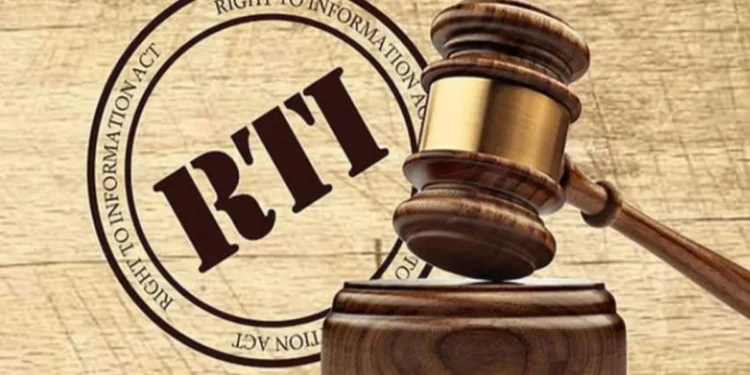RTI Act Amendment Balances Privacy and Transparency
Union Minister Ashwini Vaishnaw informed Parliament that the recent amendment to the Right to Information (RTI) Act through the Digital Personal Data Protection (DPDP) Act, 2023, maintains a balance between citizens’ right to information and their right to privacy.
Protection of Privacy with Access to Information
While responding to a question in the Lok Sabha on Wednesday, Vaishnaw explained that the Act already has a clause that allows information to be shared if the public interest in disclosure is greater than the harm caused to protected interests.
He highlighted that the amendment to Section 8(1)(j) of the RTI Act ensures that the right to privacy, recognized by the Supreme Court in the Justice K.S. Puttaswamy case, works alongside the right to information.
Judicial Reasoning and Legal Alignment
According to the minister, the amendment follows the principle of reasonable restrictions laid down by the courts. It also codifies existing judicial interpretations and helps avoid legal conflicts between privacy and transparency laws.
Safeguards under Section 8(2) of RTI Act
Vaishnaw pointed out that under Section 8(2) of the RTI Act, authorities can share information when public interest is more important than the harm disclosure may cause. This provision remains intact after the amendment.
Transparency and Privacy in Harmony
The minister clarified that the amendment does not stop the disclosure of personal information completely. Instead, it ensures that the RTI Act’s transparency framework and the DPDP Act’s privacy safeguards work together. This balance, he said, strengthens both transparency and privacy in governance.
Also read: 70% of Parents Oppose Sharing Student Data with AI in K-12 Schools, Reports Reveal










